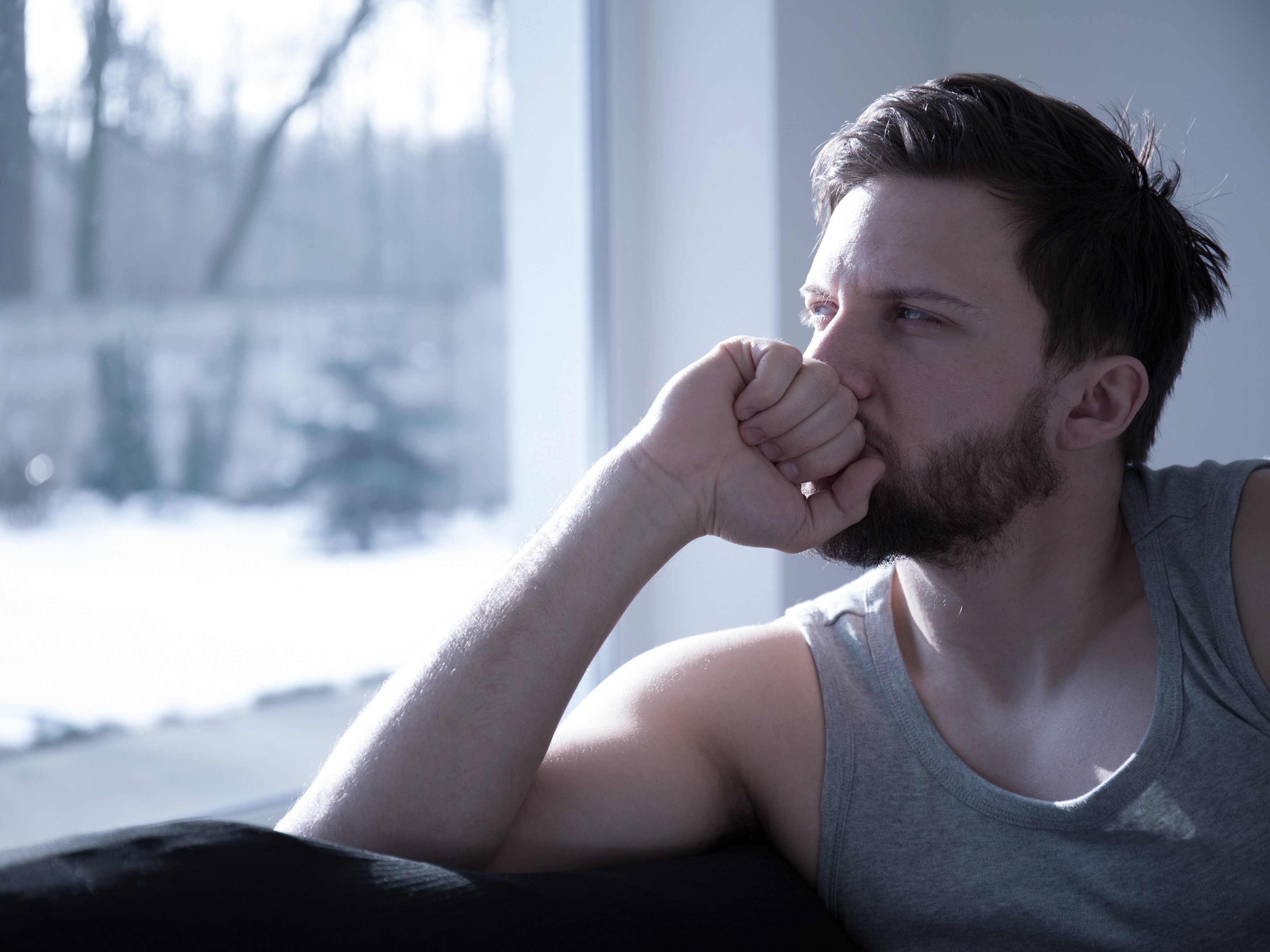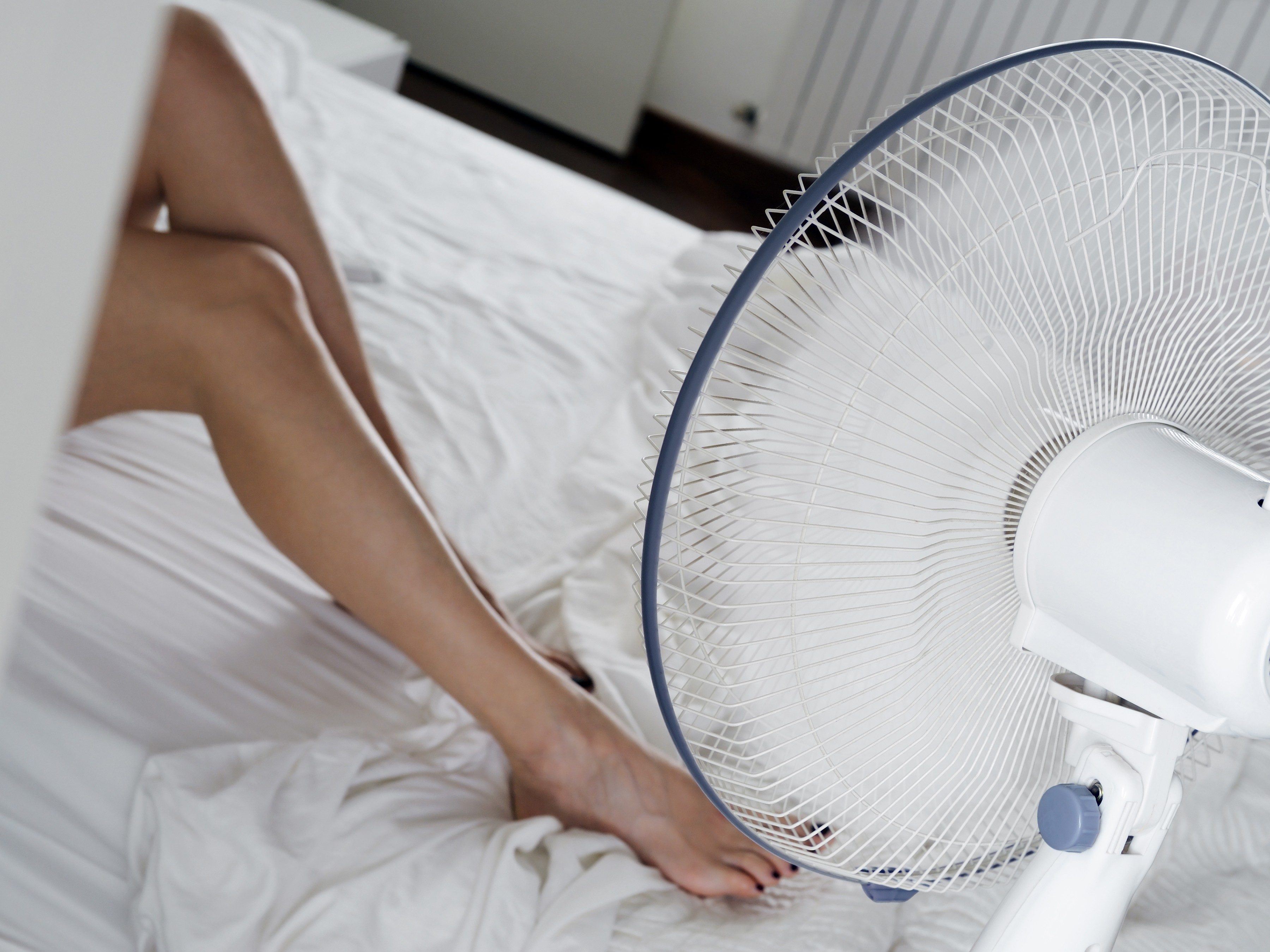
Coping with insomnia: 7 sleep-promoting strategies
There’s more to insomnia than merely having trouble falling asleep. Some people fall asleep just fine but wake up in the middle of the night and can’t get back to sleep. Others sleep through the night but wake too early in the morning. And still others appear to sleep through the night with no problem, but never wake rested.
While it’s normal to experience an occasional bad night of sleep, if your sleep problems become chronic, it’s time to do something about them. Lack of sleep interferes with immune function and increases your risk of insulin resistance. Then there are the dangers of trying to get through the day (especially if you have to drive) when you’re overtired.
Not being able to sleep can be extremely frustrating. Getting rid of chronic insomnia will probably involve making some long-term changes to your habits. These seven sleep-promoting strategies are a great place to start.

1. Take a walk.
If you’re suffering from insomnia, regular exercise is critical to your ability to get a good night’s sleep. It doesn’t need to be an intense workout-a brisk 20-minute walk outside in the afternoon is just fine. We want you to walk outside if possible because natural light helps regulate your body’s sleep-wake cycle. Just don’t exercise within three or four hours of bedtime because it could increase your metabolism and mental alertness.

2. Take a warm bath.
About two hours before bed, take a warm bath into which you’ve mixed 15 drops lavender essential oil. We recommend adding lavender oil to the bath because lavender promotes relaxation and possibly sleep. The bath will relax tense muscles. And if you take one regularly, it will help form a nighttime ritual that signals to your brain that it’s time to sleep. Stick to your ritual like glue every night and it will work like a charm.

3. Keep your bedroom cool.
After you get out of the bath, your body temperature will slowly start to drop-a precursor to sleep. A cool bedroom also helps induce sleep, which is why we suggest adjusting the temperature, turning down the thermostat or turning on the air conditioner as required.

4. Do an activity you find relaxing.
Before you climb into bed, spend 20 minutes on some form of relaxation therapy, such as progressive muscle relaxation, meditation, or writing in your journal.

5. Get out of bed.
If you don’t fall asleep within 30 minutes, get out of bed. Do something low-key like reading or folding laundry until you feel tired. Then go back to bed.

6. Take a sleeping pill.
If you still can’t fall sleep, take a sleeping pill (if you have them) or an over-the-counter antihistamine such as Benadryl. Most over-the-counter sleeping pills contain antihistamines, which make you sleepy. But they’re also very drying. If they work for you for occasional insomnia, just take a generic antihistamine instead of a sleeping pill; they’re less expensive and just as effective. Antihistamines are not a long-term solution to insomnia, but for a night or two they’ll probably help you sleep, since they are sedating.

7. Ask your doctor about prescription drugs.
If you still can’t sleep, talk to your doctor about the possibility of a prescription for medication. Prescription drugs for sleep come in 4 main categories:
• Benzodiazepines: these medications include Ativan (lorazepam) Valium (diazepam) and Restoril (temazepam). They’re okay for a once-in-a-while use, but they interfere with the restorative phase of sleep called REM sleep and can be habit forming.
• Non-benzodiazepine hypnotics: this newer class of sleep aids includes Ambien (zolpidem), Sonata (zaleplon) and Lunesta (eszopiclone). They work similarly to benzodiazepines, but have fewer side effects because they don’t stay in your system very long.
• Tricyclic or atypical antidepressants: these antidepressants, which include Elavil (amitriptyline), Sinequan (doxepin) and Desyrel (trazodone) have sleepiness as one of their side effects. If you have chronic insomnia, your doctor may prescribe low doses to be taken just before bed. They’re especially helpful if you have sleep disturbances (i.e., waking in the middle of the night or early morning) or sleep problems related to chronic pain.
• Rozerem (ramelteon): this is the newest drug approved for insomnia and the only one not considered a controlled substance. It works by mimicking melatonin in the brain, dimming signals that might keep you alert and prevent you from falling asleep.
Related links:
5 Healthy Habits to Help You Sleep
How to Stop Snoring in 8 Easy Steps
5 Ways to Prevent Insomnia